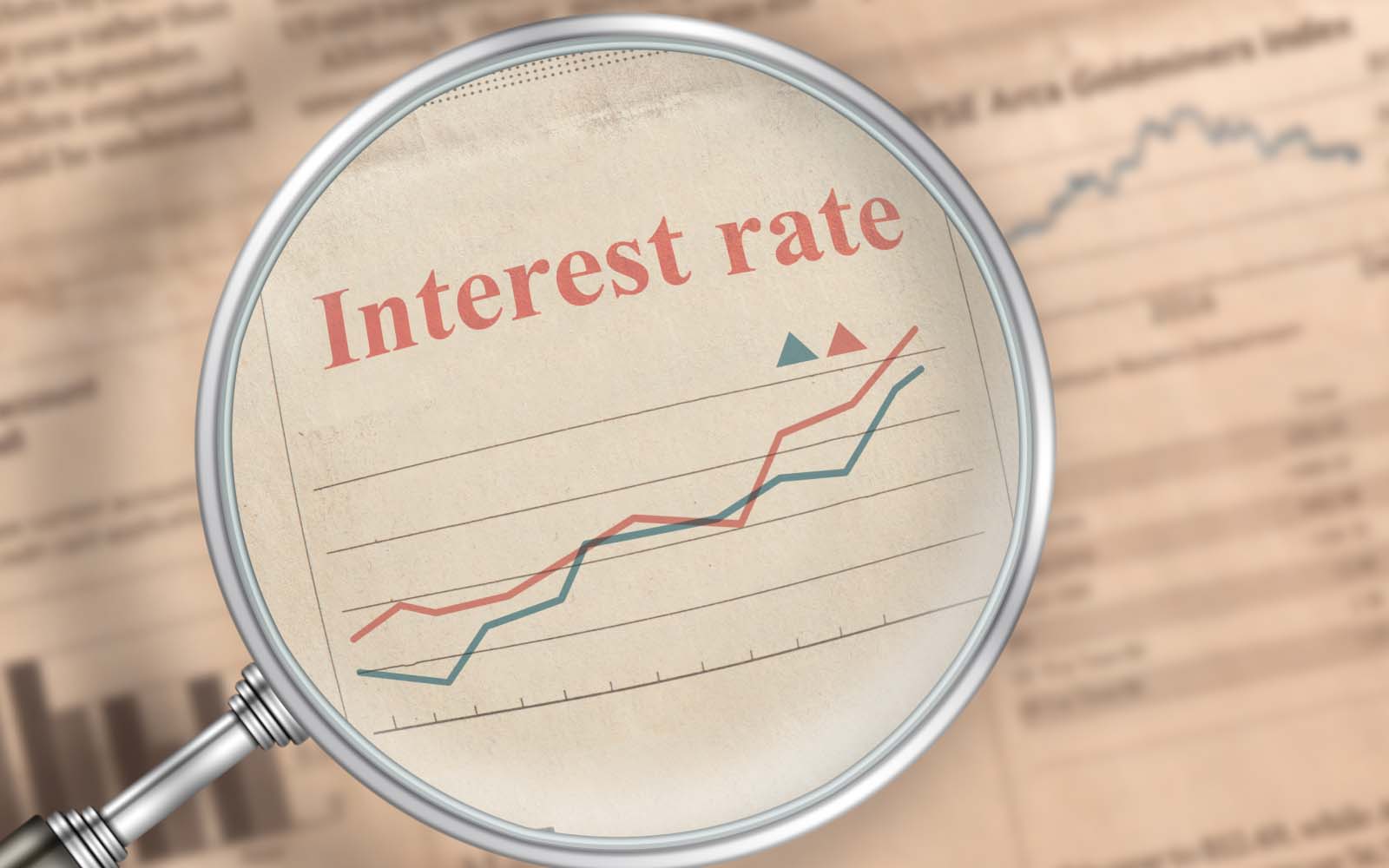Interest rates play a critical role in determining how much you pay for loans, whether it’s a mortgage, auto loan, personal loan, or credit card debt. A slight change in interest rates can mean thousands of dollars in extra payments over time. Understanding how interest rates work and how they impact your loan payments can help you make informed financial decisions and save money.
1. What Are Interest Rates and How Are They Determined?
“Interest rates are the cost of borrowing money—understanding them can help you save big.”
An interest rate is the percentage a lender charges you for borrowing money. Interest rates can be fixed (staying the same throughout the loan term) or variable (fluctuating based on market conditions).
Factors that influence interest rates include:
- The Federal Reserve: When the Fed raises or lowers interest rates, borrowing costs across the economy are affected.
- Inflation: Higher inflation can lead to higher interest rates.
- Credit Score: Borrowers with higher credit scores qualify for lower interest rates.
- Loan Term: Shorter-term loans typically have lower interest rates than longer-term loans.
- Loan Type: Mortgages, personal loans, auto loans, and credit cards all have different average rates.
2. How Interest Rates Affect Your Monthly Payments
“A lower interest rate means more of your money goes toward repaying your principal rather than interest.”
The interest rate on your loan directly affects the amount of your monthly payments and the total cost of the loan. Here’s how:
- Higher interest rates = Higher monthly payments
- Lower interest rates = Lower monthly payments
- Longer loan terms = Lower monthly payments but more interest paid over time
- Shorter loan terms = Higher monthly payments but less interest paid overall
For example, on a $30,000 auto loan with a 5-year term:
- At 3% interest, your monthly payment would be $539, and the total interest paid over 5 years would be $2,318.
- At 7% interest, your monthly payment would be $594, and the total interest paid would be $5,635.
This illustrates how even a small increase in interest rates can lead to significant additional costs.
3. Fixed vs. Variable Interest Rates: Which One is Better?
“Choosing the right type of interest rate can help you manage financial risk.”
- Fixed Interest Rates: These remain the same throughout the life of the loan, providing stability in payments. Best for long-term loans like mortgages.
- Variable Interest Rates: These change based on market conditions, meaning your payments could increase or decrease over time. Best for short-term loans or when interest rates are expected to fall.
4. How to Secure the Best Interest Rate
“Lenders reward financially responsible borrowers with better interest rates.”
To get the lowest possible interest rate on a loan, follow these strategies:
- Improve Your Credit Score: Pay bills on time, reduce debt, and check your credit report for errors.
- Shop Around for Lenders: Compare rates from multiple banks, credit unions, and online lenders.
- Make a Larger Down Payment: A higher down payment can lower your interest rate, especially for auto loans and mortgages.
- Choose a Shorter Loan Term: Lenders offer better rates for shorter-term loans.
- Consider Refinancing: If rates drop after you’ve taken a loan, refinancing can lower your payments.
5. The Long-Term Impact of Interest Rates on Your Finances
“Even a small difference in interest rates can have a major impact on your financial future.”
High-interest debt, such as credit cards, can make it harder to build wealth. Keeping interest rates low on major loans helps free up money for savings and investments.
For example:
- Lower mortgage rates mean you can afford a better home or save on total interest paid.
- Lower car loan rates reduce overall vehicle costs.
- Lower credit card interest rates make it easier to pay off balances quickly.
Final Thoughts
Interest rates are one of the most important financial factors when borrowing money. Understanding how they work, what influences them, and how to secure the best rate can help you manage your finances wisely and save thousands over the long run. Stay informed, plan strategically, and take control of your financial future!









